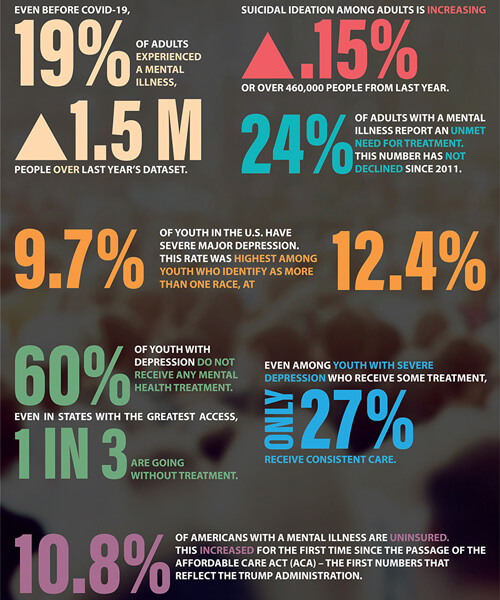Horizons at Colorado Academy is a tight-knit community, and many of our students have immediate and extended family members who are currently part of the program or are alumni. We even have many children of alumni who are enrolled in Horizons, and it is fantastic to serve the next generation! So when one of our alumni died by suicide in September, the impact had a ripple effect, and it has been truly devastating for our entire community.
Manny Ramirez was a vibrant, 25-year-old young man, in the prime of his life, with a young son. His suicide came as a complete shock to everyone, including his close-knit family. The Ramirez family have been members of our Horizons program for many years. Manny’s brother, Bryan, also took part in Horizons, and his younger sister, Iris, has been with our program since Kindergarten and is currently in eighth grade. For as long as I live, I will never forget, when I saw Iris shortly after Manny’s passing, the overwhelming sense of grief I sensed that she and her family are going through.
From my conversations with Manny’s father, it was clear that no one in the family was aware of the underlying mental health issues that influenced Manny to take his life. It is truly heartbreaking that such a tragedy happened, and I ask myself, what can we do, moving forward, to ensure that our young people feel more supported, so that they don’t feel they have to go to the extreme that Manny did.
For me, this is a call to action to remove the stigma around mental health, so that we can work to prevent this type of tragedy from happening in the future.
The national picture
 From a national perspective, our youth and young adults are suffering from a mental health crisis. Key findings from 2021 State of Mental Health in America show the following:
From a national perspective, our youth and young adults are suffering from a mental health crisis. Key findings from 2021 State of Mental Health in America show the following:
- Youth mental health is worsening. In the U.S., 9.7% of youth have severe major depression, compared to 9.2% in last year’s data. This rate was highest among youth who identify as more than one race, at 12.4%.
- Even before COVID-19, the prevalence of mental illness among adults was increasing. In 2017-2018, 19% of adults experienced a mental illness, an increase of 1.5 million people over the previous year’s data.
- Suicidal ideation among adults is increasing. The percentage of adults in the U.S. who are experiencing serious thoughts of suicide increased 0.15% from 2016-2017 to 2017-2018—an additional 460,000 people from previous data.
- There is still an unmet need for mental health treatment among youth and adults. At least 60% of youth with major depression did not receive any mental health treatment in 2017-2018. Even in states with the greatest access, over 38% are not receiving the mental health services they need. Among youth with severe depression, only 27.3% received consistent treatment. For adults, 23.6% with a mental illness reported an unmet need for treatment in 2017-2018. This number has not declined since 2011.These findings are staggering and, sadly, not surprising. We must work collectively to educate ourselves and our communities around the need for mental health support and remove the stigma, especially in the Latinx community, around mental illness. We need to have greater access to care and be aware of our loved ones’ needs, so that we can be available during times of crisis.If you or someone you know is in need of support, please refer to the organizations listed below for more information:
- CDPHE (https://cdphe.colorado.gov/suicide-prevention/youth-and-young-adult-suicide-prevention)
- Moving Beyond Trauma https://www.mhpcolorado.org/about/services/specialty-moving-beyond-trauma/
- Second Wind Fund https://thesecondwindfund.org/
- Colorado Crisis Services https://coloradocrisisservices.org/es/
In honor of Manny, I would like to close with his brother Jose’s remembrance:
“If you know Manny (Rock-0), he would bring smiles to your day. We stay strong in these times, knowing that heaven received another angel. Manny was a proud father with big desires to own a business and break the cycle with his family. His family praises the amount of love he had for those around him and his hard work ethic to pursue his dreams. We come together to celebrate his life and also give him a service to remember the years he brought joy to his friends and family.”
